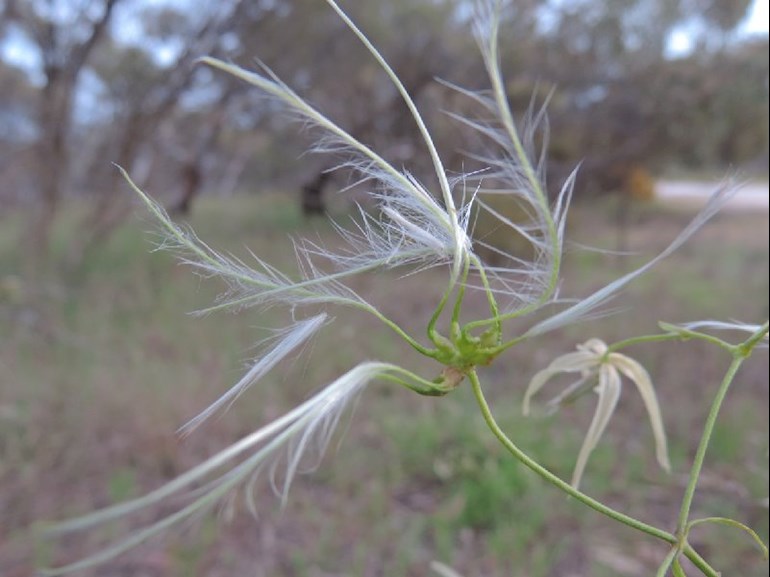'In the literature, curcumin (active ingredient in turmeric - Neil) is reported to be an antioxidant that protects the body against damage from reactive molecules. These are generated in the body as a result of metabolism and cause cell damage (known as free radicals).
It’s also reported to have anti-inflammatory, anti-bacterial and anti-cancer properties, as well as encouraging the death of cells that are dangerous or no longer needed by the body.
Curcumin has been widely studied in relation to numerous ailments, but what does the literature say? Is consuming turmeric beneficial?'
Gunveen Kaur, Lecturer In Nutritional Sciences, Deakin University, examines how certain the evidence for the above claims: theconversation.com/science...
Curcumin has been shown to induce apoptosis in CLL cells (see reference below) - but only in a test tube. Obtaining high enough blood serum levels is challenging and sadly, with the typical lack of standards associated with herbal remedies, can we be sure we are buying good quality curcumin?
Turmeric and Green Tea: A Recipe for the Treatment of B-CLL
clincancerres.aacrjournals....
Neil
